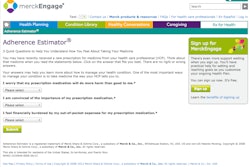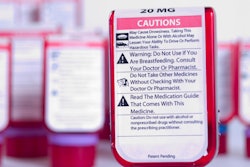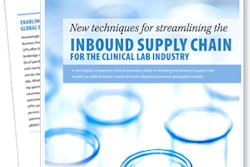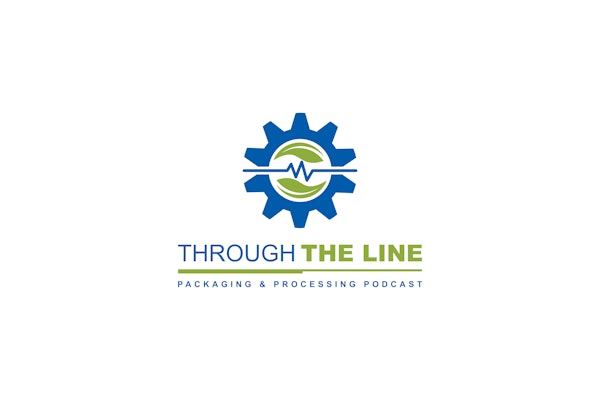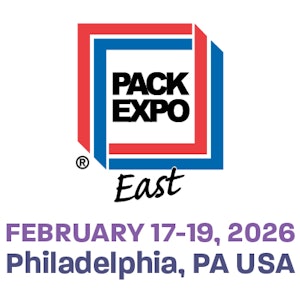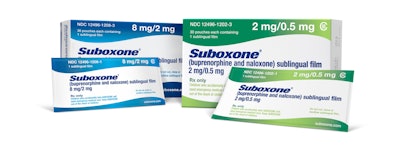
Reckitt Benckiser Pharmaceuticals Inc. announced Feb. 25 that the U.S. Food and Drug Administration (FDA) has denied a Citizen's Petition filed by the Company. In the Citizen's Petition, RBP presented a new evaluation of pediatric exposure data and recommended that the FDA adopt more stringent packaging standards and increased educational interventions to help reduce the number of children exposed to buprenorphine-containing products used to treat opioid dependence. The FDA concluded that the safety data presented by RBP did not warrant these additional measures, deciding instead that existing labeling and safety programs were sufficient.
RBP is disappointed with the decision but will continue to work with the FDA on safety enhancements. RBP remains committed to maintaining its own high level standards for safety, including the use of child-resistant, unit-dose packaging for its buprenorphine-based opioid dependence treatment products. It will therefore carry on with the decision to discontinue the sale and cease distribution of SUBOXONE® Tablets (buprenorphine and naloxone) Sublingual (CIII) in the U.S. as of March 18, 2013, in light of the analysis evidencing an increased risk of pediatric exposure.
"As a pioneer in opioid dependence treatment, Reckitt Benckiser Pharmaceuticals Inc. strongly believes that child-resistant, unit-dose packaging, and increased educational interventions are in the best interest of public health and safety, and we encourage other manufacturers to proactively implement these additional safeguards," says Tim Baxter, M.D., Global Medical Director, Reckitt Benckiser Pharmaceuticals Inc.
The communication from the FDA also informed RBP that two unnamed manufacturers have now received approval to produce generic SUBOXONE Tablets.The details of these manufacturers' proposed safety programs have not been provided.
RBP refers to itself as a pioneer in the development of innovative prescription treatments for the chronic disease of addiction and introduced SUBOXONE Film (buprenorphine and naloxone) Sublingual (CIII) in 2010 as a next-generation product with enhanced features, including child-resistant, unit-dose packaging, in response to patient and provider feedback and reports of misuse, abuse, diversion, and pediatric exposure associated with SUBOXONE Tablets. RBP remains confident in the value and benefits of SUBOXONE Film as the product offers an advancement in formulation and product technology.
Since the U.S. launch of SUBOXONE (buprenorphine and naloxone) in 2003, it is estimated that more than three million Americans with opioid dependence have been treated with the active ingredients contained in SUBOXONE Film.
SUBOXONE Film is an office-based treatment that allows patients to be discreetly treated for opioid dependence in the privacy of a physician's office. Because SUBOXONE Film is approved for at-home use, people living with opioid dependence can continue their daily lives while under a physician's care similar to other chronic diseases, such as diabetes, asthma, or hypertension.Treatment with SUBOXONE Film is best delivered in conjunction with counseling and psychosocial support.
About Opioid dependence
Opioid dependence is a chronic medical condition caused in part by the changes in the chemistry of the brain that can result from regular opioid drug use.The World Health Organization and the National Institute on Drug Abuse define opioid dependence as a chronic brain disease.
Approximately two million Americans were dependent on prescription opioid painkillers in 2010. In the same year, nearly 400,000 people abused or were dependent on heroin.The Centers for Disease Control and Prevention in November 2011 issued a report that showed prescription opioid painkiller overdose has reached epidemic levels in the U.S.Furthermore, taking prescription opioid painkillers without a medical need increased 75% from 2002 to 2010. A total of 12 million Americans reported misusing prescription opioid painkillers in 2010. Men and individuals ages 26-49 saw the largest increase in nonmedical use of prescription opioid painkillers, taking the drugs 200 or more days a year.
Reckitt Benckiser Pharmaceuticals Inc. is a specialty pharmaceutical company committed to expanding education and access to medical therapies for patients suffering from the chronic, relapsing brain disease of opioid dependence. The company manufactures and markets medications that, in conjunction with counseling and psychosocial support, treat opioid dependence. Reckitt Benckiser Pharmaceuticals Inc. is a wholly owned subsidiary of Reckitt Benckiser Group plc.
SOURCE: Reckitt Benckiser Pharmaceuticals Inc.



